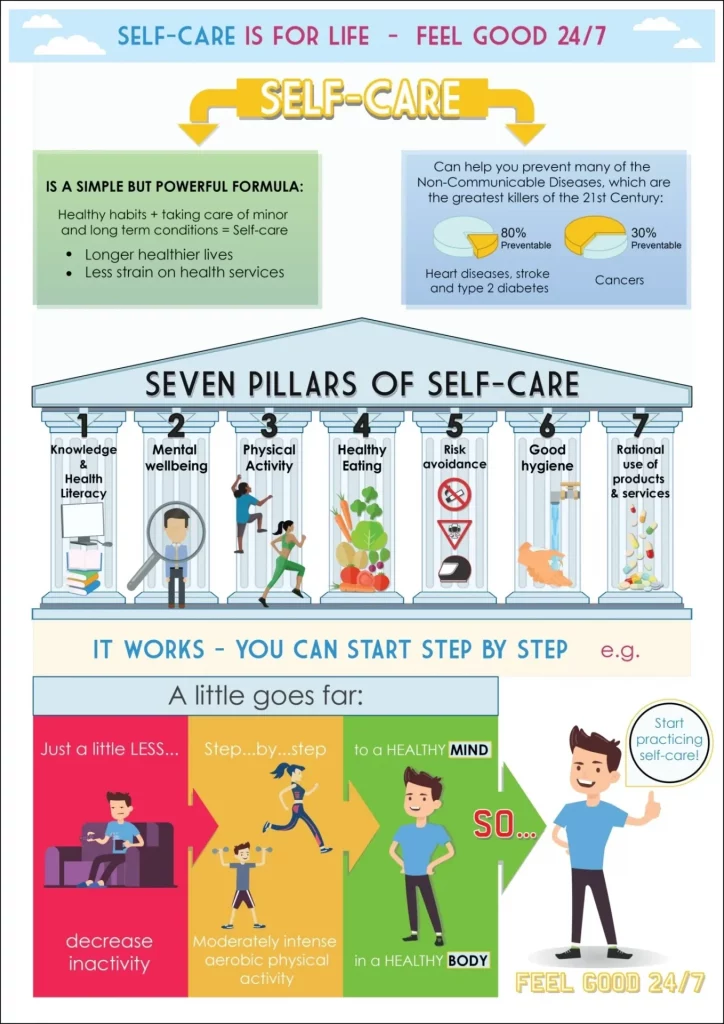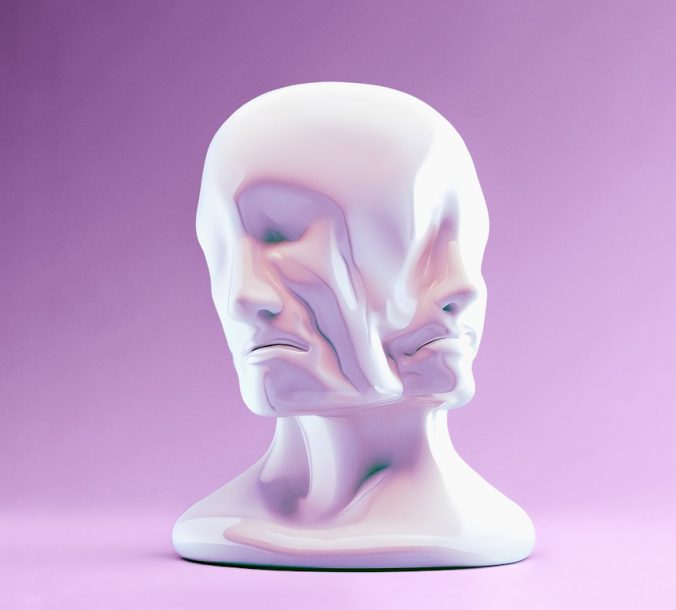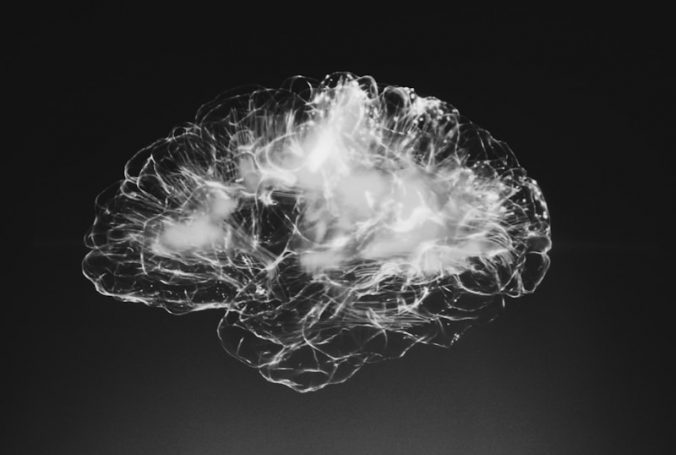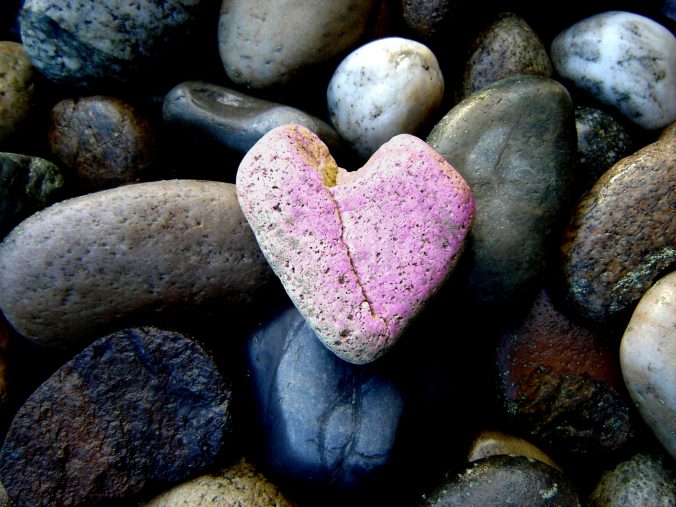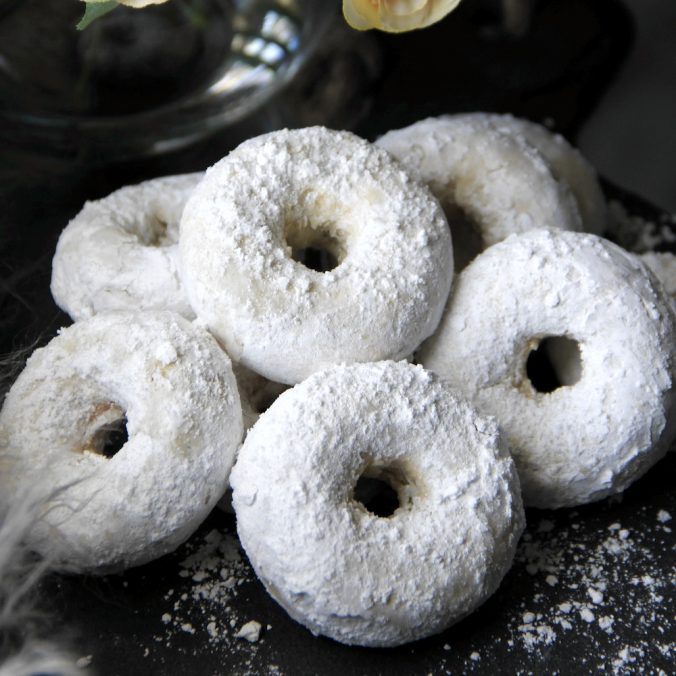Self-care is extremely important as I discussed in one of my previous posts. Now it’s time to figure out how self-care works. What do you do? Is it just going out with friends? Is it that pint of ice cream in the grocery store fridge calling your name? Let’s look at a couple of ways you can apply self-care to better your life.
The Pillars of Self-care
My research for this post lead me to a concept of self-care “pillars”. There are varying opinions on how many pillars there are, but seven seemed to be the most excepted. Macy Burkett of the University of Kansas wrote an article about these seven pillars. They are mental, emotional, spiritual, physical, environmental, recreational, and social.
It was great to see a breakdown of how to support your overall self-care needs, but the more I delved into the topic of these pillars, the more overwhelmed I became. Advice suggested making sure to include at least one or two things for each of those categories to ensure you are taking care of all your self-care needs.
A Different Set of Pillars
The feeling I got from the initial concept of the pillars as explained above was not of relief and enjoyment. It was a to-do list. Another thing to track and balance. The I came across a different set of the seven pillars when perusing the International Self-Care Foundation’s website. They are a little different as seen in the graphic below.
The second set of pillars are much closer to what I feel represents a good balance of self-care. It is more attuned to overall health than a to-do list. Pillars such as good hygiene and knowledge/health literacy are things a lot of people don’t think of as self-care, but it is. Did you know that something as simple as brushing your teeth is a form of self-care? You lower your risk for certain heart problems just by sticking that little brush with some paste on it in your mouth each day.
Let’s not pretend that everyone brushes their teeth every day, twice a day, and follows up with flossing. I’ll be honest and say I’m one of those who struggle with this simple task. It’s not reality for many other people as well for a multitude of reasons. Depression is a big one, but not the only reason why poor dental care occurs.
Depression is a vicious cycle. You have little energy. You feel useless, unimportant, like an embarrassment. Facing the world is overwhelming. Brushing your teeth, taking a shower, making something to eat other than cereal means you have to get up and look in the mirror. However, doing it helps you feel like you have accomplished something that day.
Another Way to Think of Self-care
I decided to simplify the concept for my own well-being. The only way for me to do that was to be a nerd and analyze the information. Here’s what I came up with.
So many of the activities found in each of the pillars could count for multiple categories. Why have specific categories when there is so much crossover? It made more sense to me to classify self-care under two categories: external and internal.
External self-care covers anything that influences your outer being. This could include your environment (the state of your house or desk) or your physical health (losing weight or personal hygiene are common examples). Internal self-care covers anything to do with your inner being. Your mental, spiritual, and emotional health falls into this category. Sometimes that pint of ice cream is just what you need in that moment – just be careful not to make a habit of it.
Under each category you have a choice of performing specific activities or embracing a different way of life. For example, external activities could include yoga, rock climbing, engaging in a hobby, or organizing your space. Keeping your environment organized is more of a different way of life than it is performing a specific activity. Internal activities could include meditation, attending church, socially interacting with others, or setting healthy boundaries with your friends and family.
Simply making sure I am covering both internal and external self-care brings me more peace and less stress than the pillars. That doesn’t always work for everyone. The act of organizing the activities to make sure they are covering all aspects of self-care in their life could be cathartic for others.
A Personal Example
At one point, my finances were very tight. (I’m still there in fact.) I had been so careful not to spend anything on me. Everything went to the bills or was used by my late husband. This went on for so long, I couldn’t even remember the last time I bought something frivolous for myself. So I did it. I bought myself something small like a candy bar and immediately felt relief. For the first time in a long time, I let myself enjoy the fruits of my labors. That little treat was my self-care in that moment.
The most important thing to remember is to love yourself. Remember you are loved. Whether you realize it or not, there are always people who are watching and praying for you. You may never know what an impact you are for those around you. Take care of yourself. You will find happiness in the process. I’m trying to apply those principles every day. Sometimes I fail, sometimes I succeed. Either way, it’s important to try. Let’s try together.


